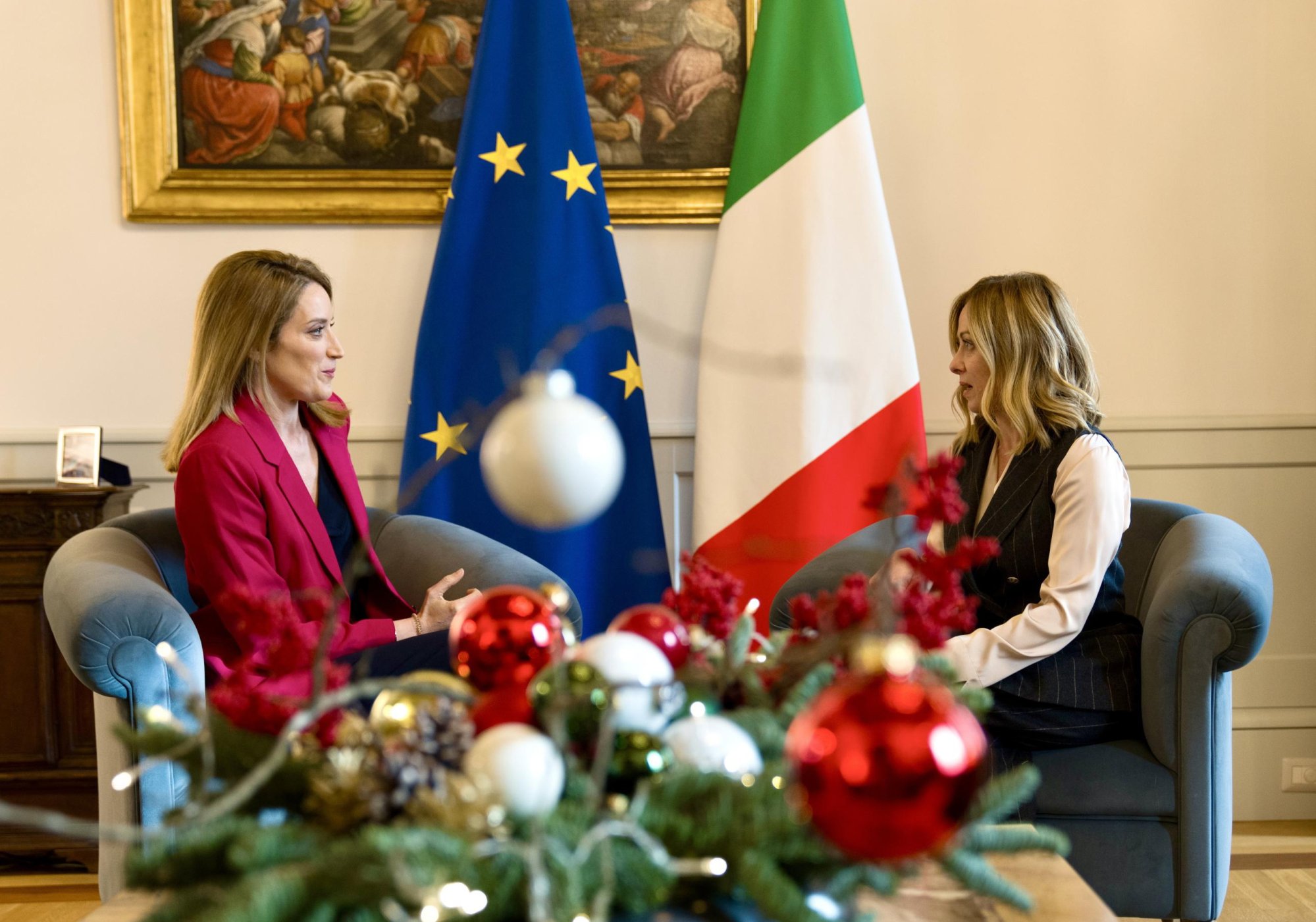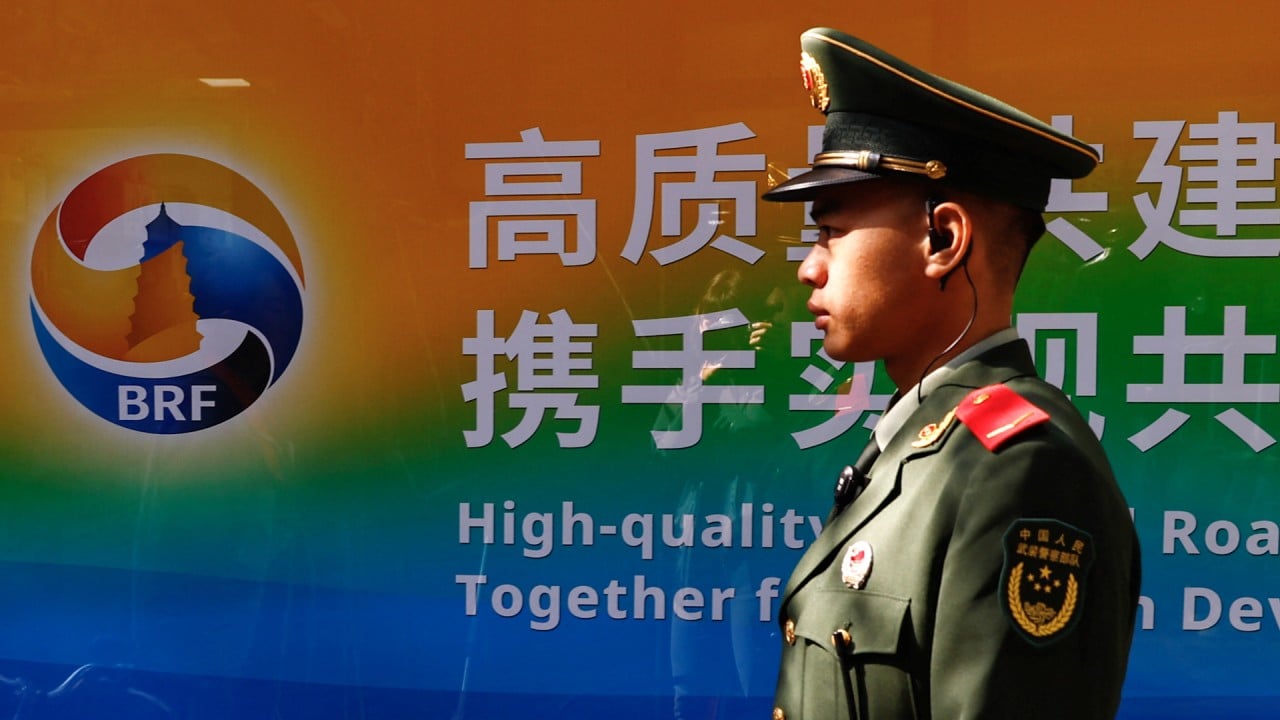
Italy tells China it will terminate belt and road agreement, eliminating G7 participation
- Move by Rome follows campaign pledge by new Italian PM Meloni, who has been critical of Beijing
- Italy was one of 148 countries to have signed a memomorandum of understanding that it would participate in the infrastructure programme
A diplomatic note was delivered to Beijing three days ago on behalf of Prime Minister Giorgia Meloni, explaining that Rome would not renew a memorandum of participation.
First reported on by the Italian newspaper Corriere della Sera, with multiple Western news outlets subsequently relaying the news, the note also said that Italy wanted to “maintain a strategic friendship with China”.
Foreign Minister Antonio Tajani appeared to confirm the news at an event in Rome on Wednesday, Bloomberg reported. Tajani said Italy’s participation “has not produced the desired effects” and is no longer “a priority”, adding that non-participants have had “better results” than Italy.
The exit has been the subject of great speculation in recent months. Far-right leader Meloni vowed to leave the initiative when campaigning for office, describing the decision to sign up as “a mistake”, but has attempted to handle the departure delicately lest Beijing retaliate.
Italy was one of 148 countries to have signed a memorandum of understanding that it would participate in the infrastructure programme, which has been one of Chinese President Xi Jinping’s signature initiatives.
4 lost years: how the EU fumbled its response to China’s belt and road

Chinese diplomats, however, have frequently floated the idea of collaborative projects between the two programmes. The EU’s official response is that Global Gateway is open to any partner who can meet standards on metrics such as transparency, human rights, and sustainability.
“I don’t see much space for cooperation between Belt and Road and Global Gateway. I don’t think that’s the intention,” said a senior EU official ahead of the summit.
“I don’t see any overlap in terms of what the largest Global Gateway is doing – partially because we have a very different mindset about these projects, about transparency, about not bringing countries into a debt trap,” the official said.


